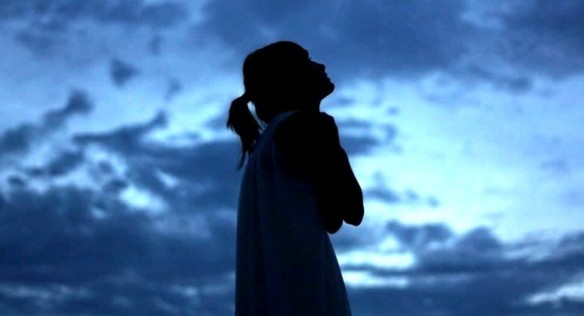Gender: Feminine
Origin: Welsh
Meaning: “Solidity.”
Pronunciation: (CAH-lass)
Nicknames: Cal, Cala, Cali
Calas comes from the same root as caled, Welsh for “hard,” and means “solidity.”
As an element, calas is the source of form, differentiation, manifestation, and stability. Its image in nature is stone.
Druid Revival lore contains a set of three elements that first appears in Iolo Morganwg’s writings. Whether it’s an invention of Iolo’s or a surviving scrap of some older teaching is anyone’s guess, but the three elements have been part of Druid Revival teaching ever since his time. Their names are Nwyfre, Gwyar, and Calas.












